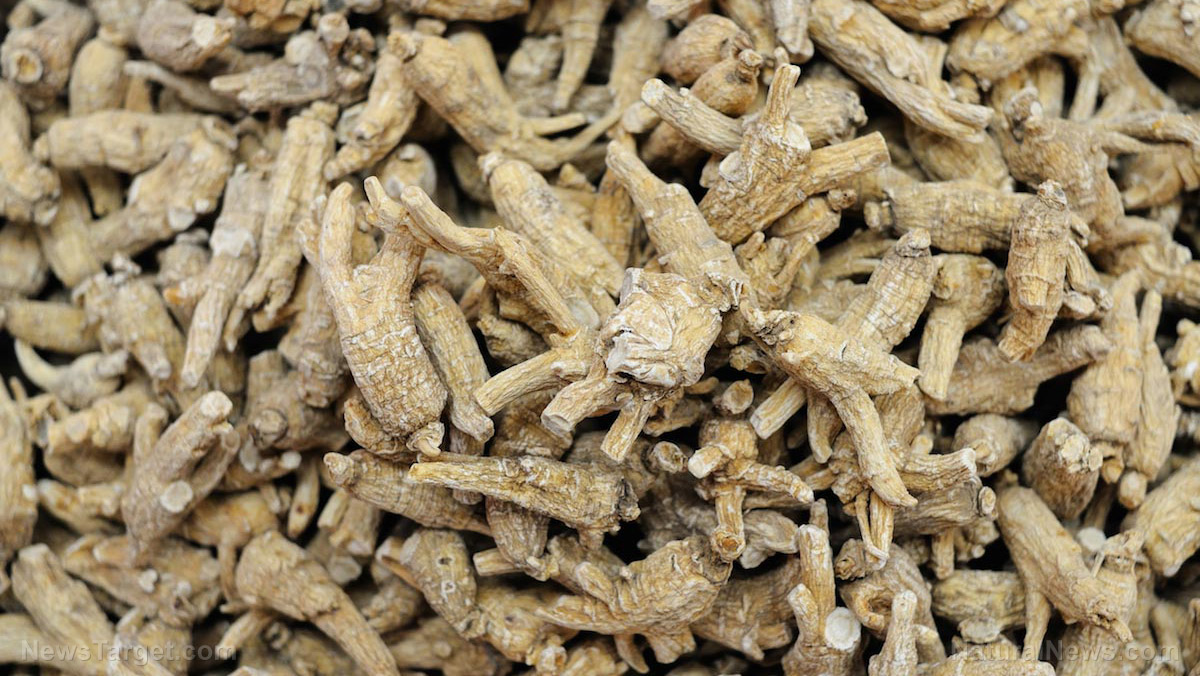by Janine Acero
People, especially women, have resorted to various kinds of products and services to reduce stress. Stress, (and anxiety in extension) after all, can lead to a plethora of diseases such as asthma, depression, gastrointestinal problems, obesity, diabetes, and heart disease. The newest solution to fighting off that perpetual exhaustion and boosting your energy levels is in the form of herbal plants called adaptogens that you can add to your favorite drinks, or eat like snacks.
A Russian pharmacologist studied the herbs that Chinese and Indian Ayurvedic doctors had been using to alleviate stress and enhance energy for countless of years. These herbs were labelled as “adaptogens,” and there are now around 20 plants that are considered to be part of these stress-busting plants. Today, these adaptogens are popular additives to food and drinks and are key ingredients in supplements that help reduce stress, boost energy levels, and even increase libido.
Here are the top five adaptogens to try:
1. Rhodiola – This evergreen perennial loves the cold; you can find it in the mountainous regions of Europe and Asia and at high altitudes in the Arctic. Rhodiola gives you more energy by helping your cells use oxygen more efficiently; therefore it can cure headaches, fatigue, anemia, infections, anxiety, stress-induced depression and even impotence. It can also improve resistance to altitude sickness and increase overall physical performance.
According to GP and nutritionist Dr. Sarah Brewer: “Rhodiola is one of the most effective adaptogens for relieving stress and anxiety, and is also energizing. I take it myself to prevent burnout during busy times. I like the fact that this herbal medicine is regulated by the Medicines and Healthcare Products Regulatory Agency (MHRA) to ensure pharmaceutical quality.”
2. Ashwagandha (Withania somnifera) – This is a plant that belongs to the Solanaceae family (nightshades), also known as Indian ginseng. It is a staple in Ayurvedic medicine, and is used for combating stress, fatigue, and lack of energy. It is also known to boost concentration.
Nutritional therapist Henrietta Norton has this to say about ashwagandha: “Research has shown it can reduce levels of the stress hormone cortisol by an average of 27.9 percent, and causes a lowering of depression and anxiety scores of more than 70 per cent over eight weeks. It would be difficult to find any other nutrient to have that dramatic an effect.”
3. Jujube (Ziziphus jujuba) – Sometimes called jujuba, this small, deciduous shrub has thorny branches that usually grow between five and 12 meters. Thought to be native to Asia, this has been used in different cuisines or eaten as a snack. The fruits of the Jujube (also called Chinese red dates) can be candied, pickled, smoked or made into tea or wine.
“Jujube are energizing, taste great and are a good source of antioxidant polyphenols and soluble fibre. Clinical trials suggest jujube may improve cholesterol levels, sleep and reduce constipation. As a snack, they’re better than a bag of crisps, but you would have to eat them every day for a sustained benefit,” said Dr. Brewer.
4. Tulsi (Ocimum tenuiflorum) – This aromatic perennial plant is widely used in Thai cuisine and its dried leaves can be used as insect repellent. It goes by several names such as thulasi, Thai holy basil or simply holy basil. It is dubbed the “elixir of life” and is sacred to Hindus. Purple tulsi enhances mental clarity and relieves stress-related irritable bowel syndrome (IBS). According to Dr. Brewer, it is “used to improve glucose control, lower blood pressure and relieve anxiety.”
5. Maca (Lepidium meyenii) – The roots of this herbaceous biennial can be cooked as vegetable similar to radishes and turnips, or it can be dried to make maca flour. It improves semen quality and remedies symptoms of menopause.
Rhian Stephenson who is a celebrity fitness trainer, nutritionist and naturopathic doctor said: “There’s a real buzz around adaptogens, but they’re not hippy dippy ingredients. They are quite heavily researched, with studies showing how and why they work to reduce stress hormones in your body.”
Besides the ones listed, there are also lesser-known herbs that fight off stress and anxiety.



